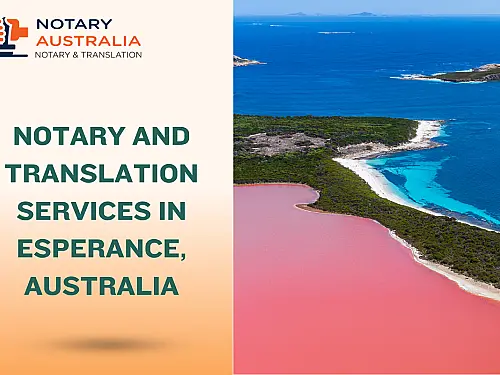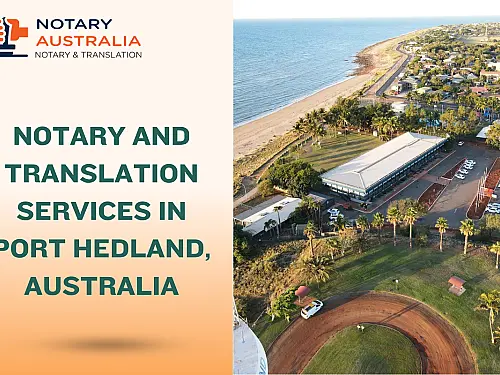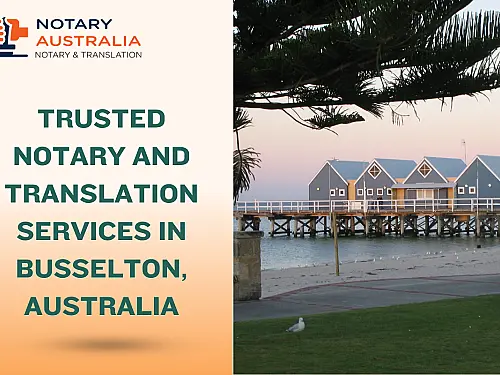



How to Notarise a Statutory Declaration in Australia Legally and Easily
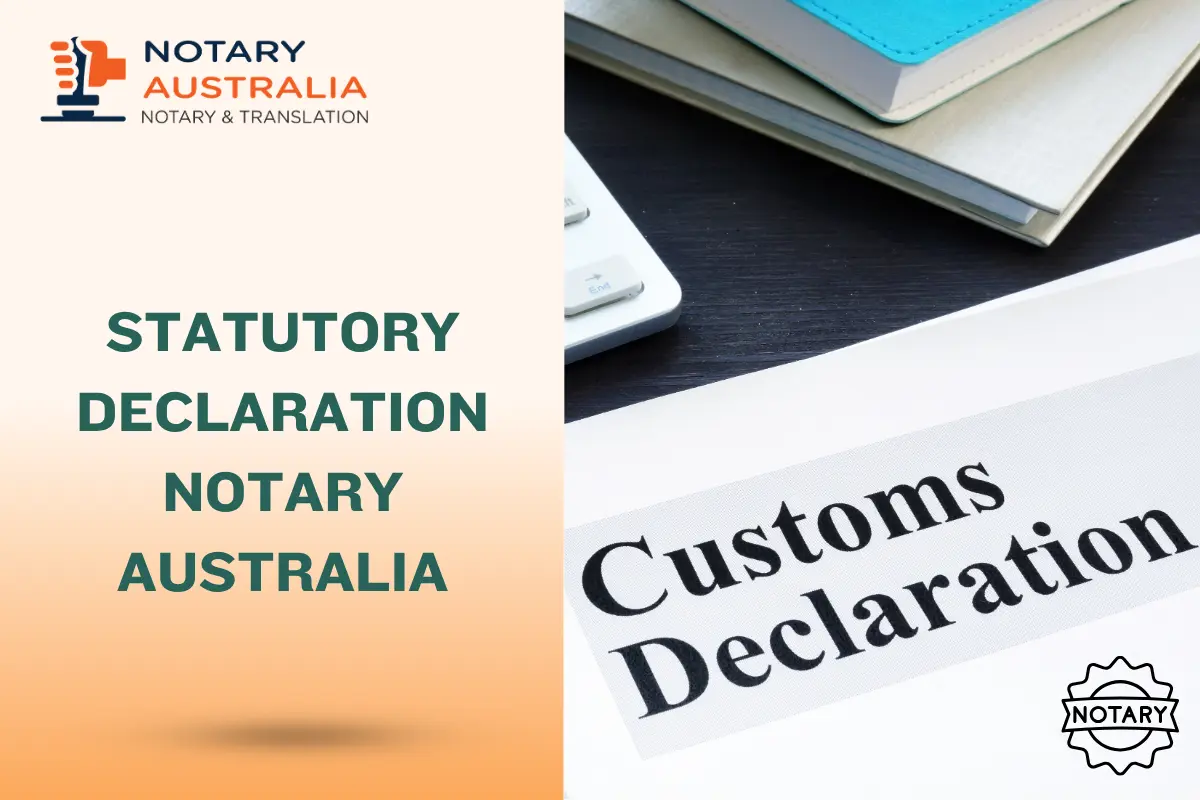
Table of Contents
Whether you're applying for a visa, declaring a name change, or replacing lost documents, a statutory declaration is a powerful legal tool used to verify information. But to be legally valid in many official contexts, you may need it notarised by a notary public.
This guide covers everything you need to know about notarising a statutory declaration in Australia—including who can witness it, what the legal requirements are, and where to get it done (even online or via mobile notary).
What Is a Statutory Declaration?
A statutory declaration (or stat dec) is a written statement affirming something to be true, made in a legally prescribed manner. It is used when a formal declaration is required but not under oath.
It is commonly used for:
- Visa and immigration applications
- Declaring a lost or stolen document (e.g. passport)
- Name changes or correction of official records
- Proof of address or identity
- Legal and financial disputes
Once notarised, your stat dec becomes a legally recognised document that can be submitted to government departments, courts, or organisations.
Who Can Witness a Statutory Declaration in Australia?
In Australia, a notary public, justice of the peace (JP), lawyer, police officer, and certain public officials are authorised to witness a statutory declaration.
Notary vs JP: What's the Difference?
| Witness Type | Valid for International Use | Appointment Required | Charges |
|---|---|---|---|
| Notary Public | Yes | Usually | Yes |
| Justice of Peace | No (Australia only) | Usually not | No |
Tip: For international use or official submissions to foreign governments or embassies, always use a notary public.
When Do You Need a Notarised Statutory Declaration?
Visa Applications
Certain visa subclasses (e.g. Partner, Student, PR) may require notarised stat decs to prove:
- Relationship status
- Financial support
- Residency history
Lost Passport or Documents
If you’ve lost a passport, birth certificate, or ID, you may be asked to submit a notarised statutory declaration for replacement.
Name Changes
To support a legal name change or correction on official records (e.g. Centrelink, Medicare), a notarised stat dec may be required.
Proof of Identity or Address
For rental applications, banking, or government forms where you're asked to prove your residential address, a stat dec is often acceptable—with a notary seal adding legal credibility.
Legal and Financial Disputes
You may be asked to submit a notarised declaration in:
- Small claims
- Business conflicts
- Family law matters
- Debt resolution
How to Notarise a Statutory Declaration in Australia
Step-by-Step Process
- Prepare Your Document
Draft or complete the statutory declaration form (available from state or federal government websites). - Check Witnessing Requirements
Confirm whether you need a notary or JP, based on where you're submitting it. - Book a Notary Appointment
Choose an in-person, mobile, or online notary. - Bring Valid ID
Acceptable IDs include a passport, driver’s licence, or government-issued photo ID. - Sign in Front of the Notary
You must sign your declaration in their presence—not beforehand. - Receive the Notary Seal and Certificate
The notary will stamp the document and may attach a certificate of notarisation.
Can I Notarise a Statutory Declaration Online?
Yes—under certain conditions.
With updated regulations in several states, remote or virtual witnessing is now possible via video conferencing tools like Zoom or Microsoft Teams.
Search for:
- online notary statutory declaration australia
- video notary appointment
- remote notarisation statutory declaration
Make sure your notary uses secure digital ID verification and encrypted signing platforms.
Mobile Notary Services for Statutory Declarations
Can’t leave home or the office? Book a mobile notary to witness your stat dec at your location.
When to Use:
- Urgent same-day notarisation
- After-hours or weekend needs
- Elderly, disabled, or hospital-bound individuals
Search terms like:
- mobile notary statutory declaration
- same day notarisation statutory declaration
- after hours notary public
Cost of Statutory Declaration Notarisation in Australia
| Service Type | Average Cost (AUD) |
|---|---|
| In-office Notary | $50 – $100 per document |
| Mobile Notary (home or office visit) | $150 – $300 per visit |
| Online Notary (remote) | $60 – $120 per document |
You can also find affordable notary for statutory declaration services from community centres or legal clinics.
FAQs: Statutory Declaration Notary in Australia
Can I use a digital signature?
Only if the notary provides a secure digital signing platform that complies with your state's regulations.
Can I notarise a stat dec for someone else?
No. The declarant must appear in person (or virtually) and sign the form themselves.
Is notarisation required for all stat decs?
Not always. If the declaration is for international use or certain government applications, it likely is. For local matters, a JP may suffice.
Where can I notarise a stat dec in Sydney/Melbourne/Brisbane?
Search:
- book notary for statutory declaration
- notary public near me
- certified notary statutory declaration
Final Checklist Before You Book
Complete the official stat dec form
Check who needs to witness it
Have valid ID ready
Book an in-person, mobile, or online notary
Don’t sign until you're in front of the witness
Collect your notarised copy with seal
Final Thoughts
A notarised statutory declaration adds a layer of legal recognition to your statement—making it acceptable for legal, international, and official purposes.
Whether you choose to visit a notary office, schedule a mobile notary, or prefer the ease of online notarisation, Australia offers flexible, secure options to suit your needs.
Need your statutory declaration notarised fast?
Book a certified notary today and ensure your declaration is valid, accepted, and professionally handled.

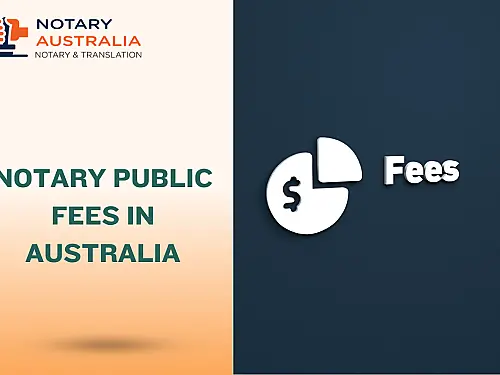

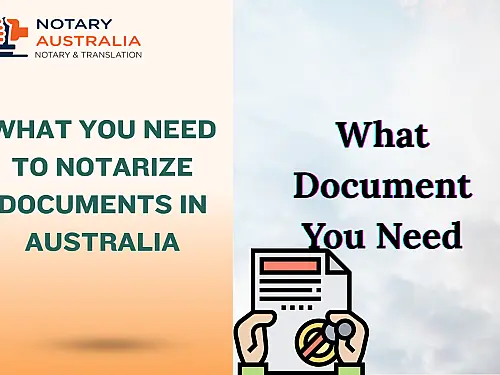
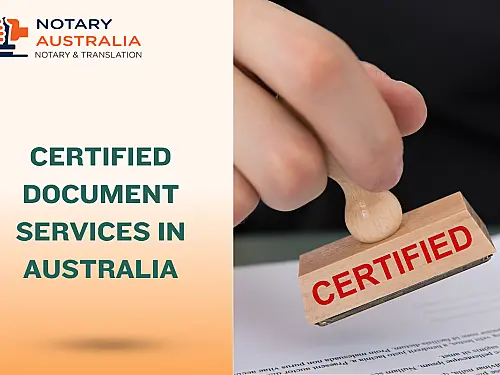
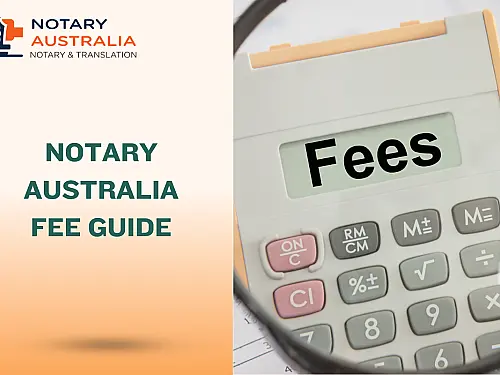
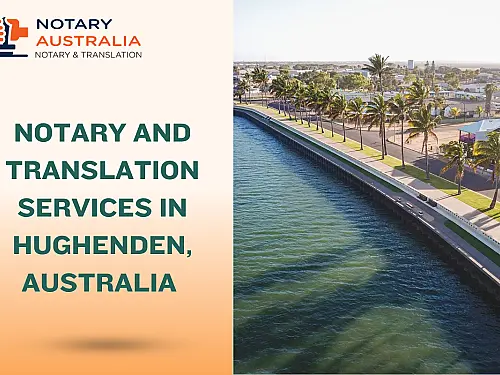
-thumb.webp)
